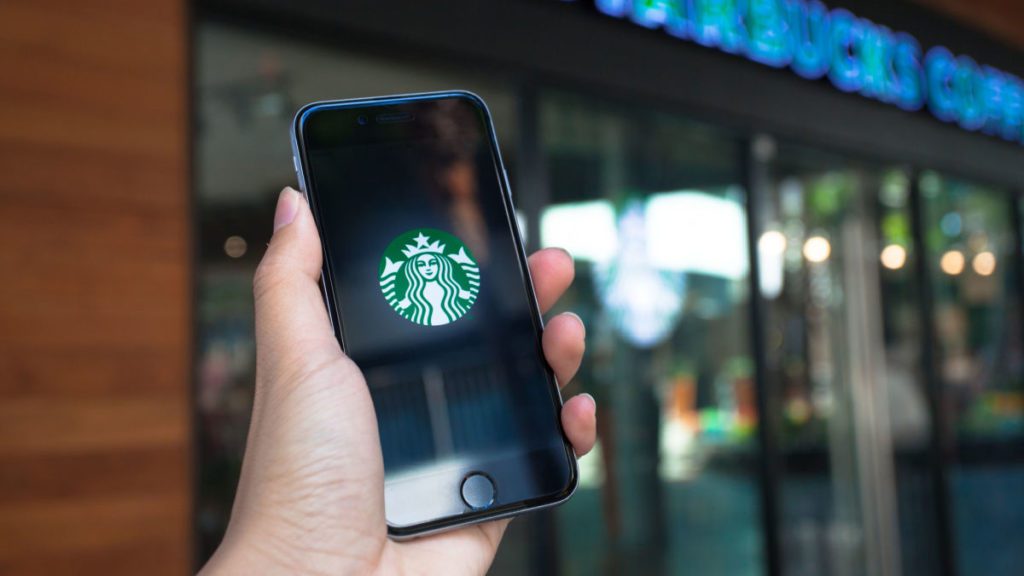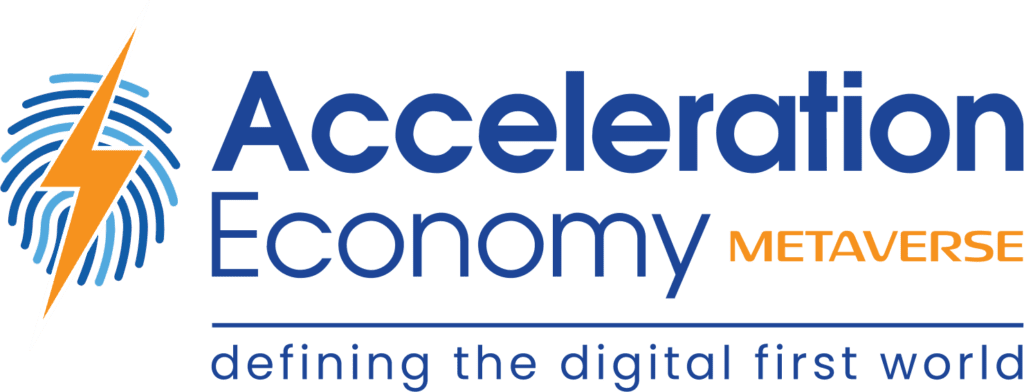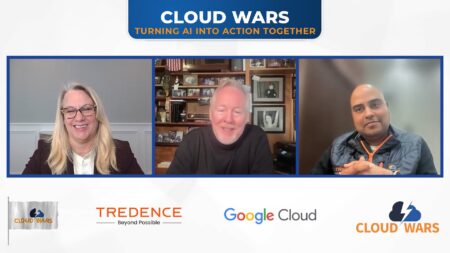As I’ve previously written about, established companies can benefit from Web3 technologies without being crypto- or NFT-native. While blockchain technology has a stronger impact on certain industries than others — finance, for example — companies from all realms can find utility in applying it. One is Starbucks, which recently announced that it’s introducing NFTs to its customer loyalty program.
Starbucks has always been an innovative firm. It was one of the first to offer free public WiFi and, during the pandemic, mobile ordering and payment. These steps, which initially seemed trivial, have contributed to the company’s enduring domination of the busy workday coffee rush. Its loyalty program, where users can collect points to earn rewards, is also first-class. Beyond incentivizing return customers, this program has elevated Starbucks from a retail store to a community with many advocates.
Starbucks Odyssey
In line with those past strategic moves, Starbucks has unveiled Starbucks Odyssey, an extension of its loyalty program that allows rewards members and partners (i.e., employees) in the U.S. the chance to earn and purchase NFTs (which Starbucks labels as digital collectible assets that will “unlock access to new benefits and immersive coffee experiences”). Customers and partners can join the waitlist to be among the first to access the Odyssey experience, due to launch later this year.
The company wants Odyssey to build community, a key trait of Web3 projects that differentiates them from the one-way, brand-to-customer style of communication common in Web2. The program is designed not just to connect customers with Starbucks, but with each other to foster what the company calls the “Third Place,” or the place between home and work “where you feel the warmth of connection of coffee, community, and belonging.”
In its announcement post, Starbucks explained the project’s premise. Members will be able to start Odyssey “journeys,” a series of activities such as playing games or taking on challenges designed to deepen their knowledge of coffee or the Starbucks brand. Upon completion, members will be rewarded “journey stamp” digital collectibles, which are NFTs built on the Polygon network. Starbucks chose Polygon, a proof-of-stake L2 built on Ethereum with a higher transaction rate and less energy consumption because it’s in alignment with its sustainability goals and allows asset bridging. Many brands, including Stripe, Nike, Instagram, and Prada, have used Polygon for these same reasons.
You’ll also be able to purchase limited-edition stamps through a marketplace built into the Starbucks Odyssey web app experience. Stamps will have different values based on their rarity and features. With more stamps, users can gain points that unlock access to unique benefits and rewards, including trips to Starbucks Reserve Roasteries or the Starbucks Hacienda Alsacia coffee farm in Costa Rica.
Keeping in mind its demographic, the company clarified these payments will be done through credit cards rather than connecting crypto wallets and that gas fees are bundled into the payment without mention. In fact, it hardly mentions the term NFTs in its post, wanting members to join for the experience and rewards rather than invoking the hype effect generated by terms like NFT, crypto, and Web3.
Odyssey’s Advantages and Risks
Using Web3 technology has a few advantages for Starbucks. First, it offers users a higher degree of freedom and ownership of their assets. While Starbucks hasn’t commented on future plans for integration, building its NFTs on Polygon opened the possibility to integrate with other NFT collections and even other loyalty programs to which users can transfer their assets. Second, adding interactive games and a user-to-user marketplace is a much more engaging way of building loyalty and community than the traditional pay-to-earn-points model. Finally, building on the blockchain opens a new avenue for analytics since all data is recorded immutably.
Regardless, the question does arise: How far is Starbucks willing to go in providing openness, interoperability, and user custody of assets — features that many believe define Web3? This is the core question companies need to ask themselves when balancing organizational needs, regulatory requirements, and their vision for the future of our society.
Starbucks has made it clear it doesn’t want Odyssey to be just another marketing stunt. While it hasn’t laid out in-depth explanations of its strategy, the company has expressed interest in thoroughly integrating Web3 into its business by upgrading its entire loyalty program with NFTs. In a time where many other corporate involvements in the space are more for PR glitz than actually providing value to the customer, the Odyssey project is a breath of fresh air.
Wrap-Up
Yes, it is a risk. Yes, it will cost money. But those were also conditions when Starbucks decided to put WiFi in every branch, enable mobile payment and ordering, and pretty much every corporate innovation ever. Even if it doesn’t work out, it’ll be a learning experience that puts it at an advantage in the future. I’m excited to see how Odyssey turns out and how it changes the loyalty program game. Starbucks is an excellent example of corporate involvement in Web3 and perhaps will inspire you to take action in your own organization.
Want to compete in the Metaverse? Subscribe to the My Metaverse Minute Channel:










